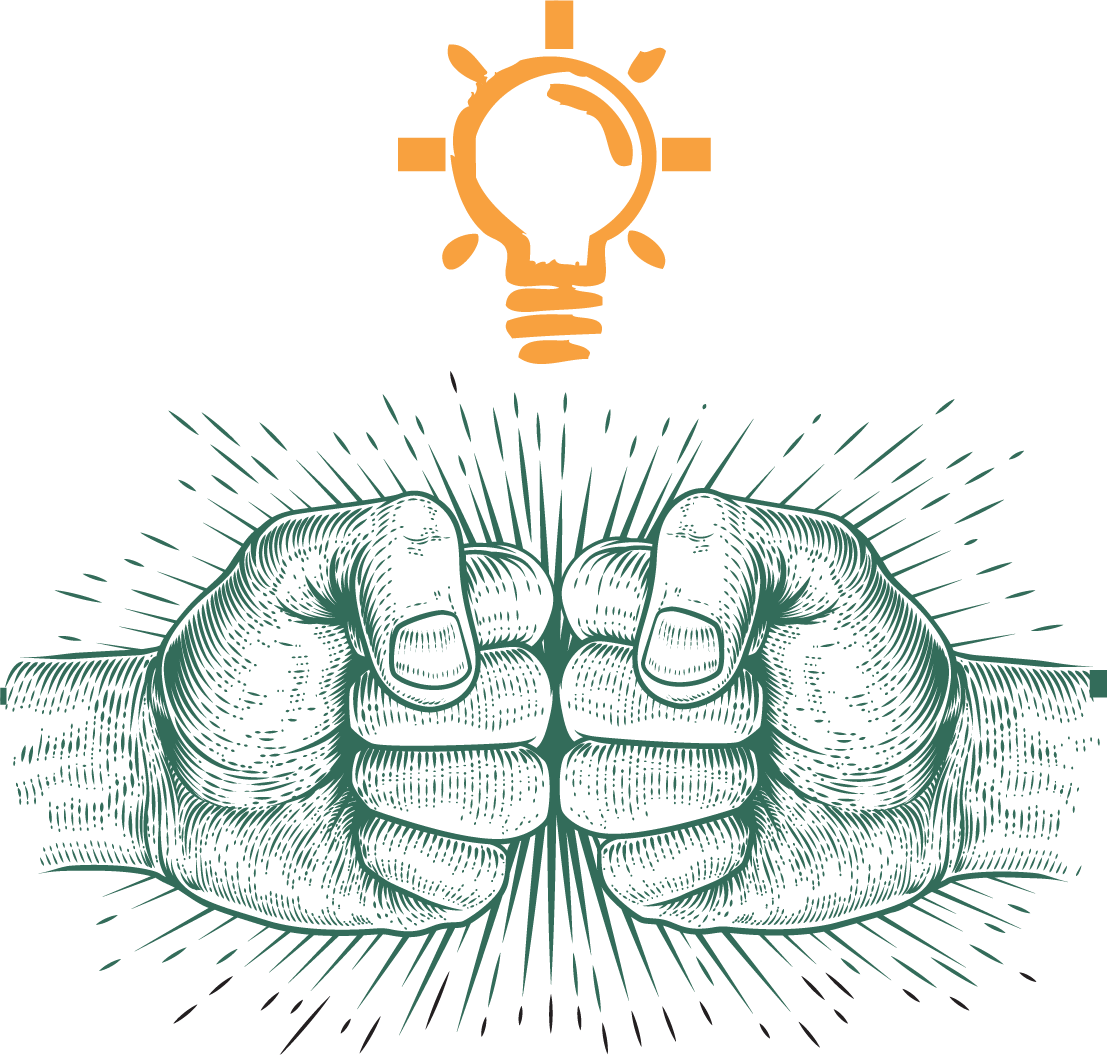Ryan Garcia’s story is not just about boxing; it’s a raw, unfiltered look into the human cost of fame, the brutal battle against inner demons, and the arduous journey back from the brink. His victory over Devin Haney, a moment that should have cemented his legacy, instead became the prologue to a personal catastrophe.
The 26-year-old’s candid revelations about his descent into chaos paint a vivid picture of a man grappling with the weight of expectation and the relentless onslaught of personal struggles. The Haney victory, meant to be a triumph, became a catalyst for self-destruction, fueled by a potent cocktail of alcohol, substance abuse, and unchecked mental health issues.
“I was going through a divorce, I was going through a bunch of things that were going on in my life that it was hard for me to cope with,” Garcia admitted to Ring Champs, his voice laced with the weight of regret. “I f*cked up in that regard.”
The cracks were already visible before the Haney fight, but the aftermath amplified them, sending Garcia spiraling into a vortex of self-destructive behavior. “I had my problems before the fight and then that shit just carried on past the fight. To the point where I ended up getting arrested at the Waldorf, just doing a lot of shit that wasn’t good.”
His arrest at the Waldorf-Astoria Hotel, a scene of smashed furniture and shattered illusions, became a public spectacle, a stark symbol of his unraveling. “I was in a whole different universe to be honest,” Garcia confessed, his voice tinged with disbelief. “I’m surprised I’m here right now.”
The daily consumption of alcohol, the reckless experimentation with substances, and the relentless pursuit of fleeting pleasures became his coping mechanisms, a desperate attempt to silence the voices within. “I decided to take a bunch of shrooms, something I was doing already, but this time I took too many. I kind of just lost it. I can’t really say anything else. I ended up breaking everything in the [hotel] room. I really don’t remember. I was drunk and f*cked up.”
The arrest wasn’t just a legal incident; it was a mirror reflecting the depths of his despair. “I was doing everything: gambling, drinking, women, anything I wanted to do,” Garcia said, his voice heavy with self-reproach. “Just destroying my soul. Destroying my spirit. It really took a toll on me.”
The fear of losing his children, the desperate pleas from his parents, and the stark realization that he was jeopardizing everything he held dear became the catalysts for change. “Turning point was realizing like damn, I’m f*cking my life up. Getting arrested was a big part of it. Almost losing my kids was a huge part of it.”
Garcia’s journey is a testament to the fact that even those who seem to have it all can be battling unseen demons. His story is a powerful reminder that mental health is not a weakness, but a battle that requires courage and resilience.
“I personally don’t like to blame nobody, that’s just me,” Garcia said, his voice resolute. “I take responsibility. The blame is definitely on me.”
This is not a story of a fallen hero; it’s a story of a man who hit rock bottom and found the strength to climb back up. Garcia’s journey is a testament to the human capacity for change, a beacon of hope for anyone struggling with their own demons. He’s not just fighting for a comeback in the ring; he’s fighting for his life, his redemption, and his future. And in that fight, he’s already won.





